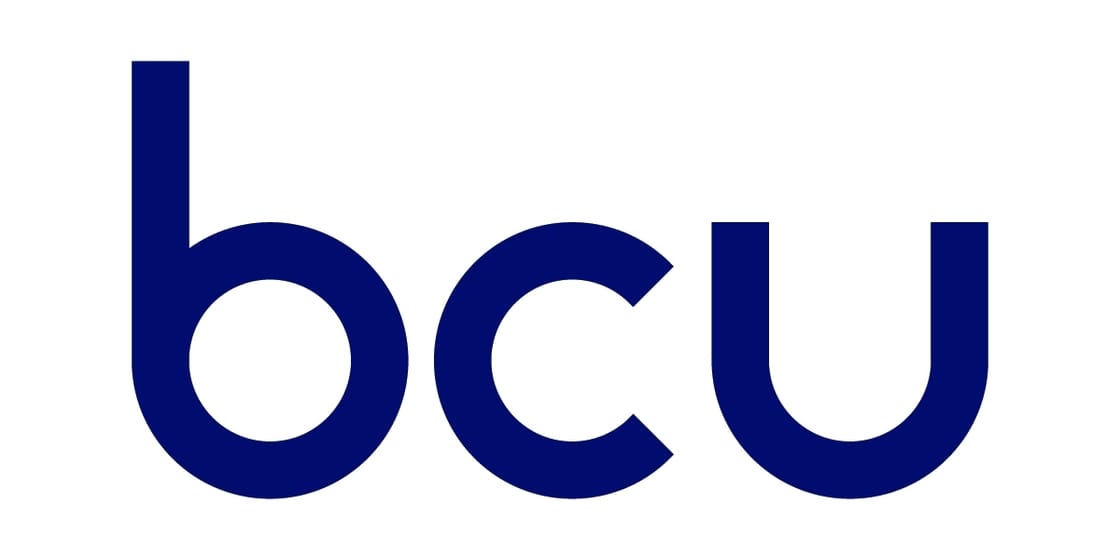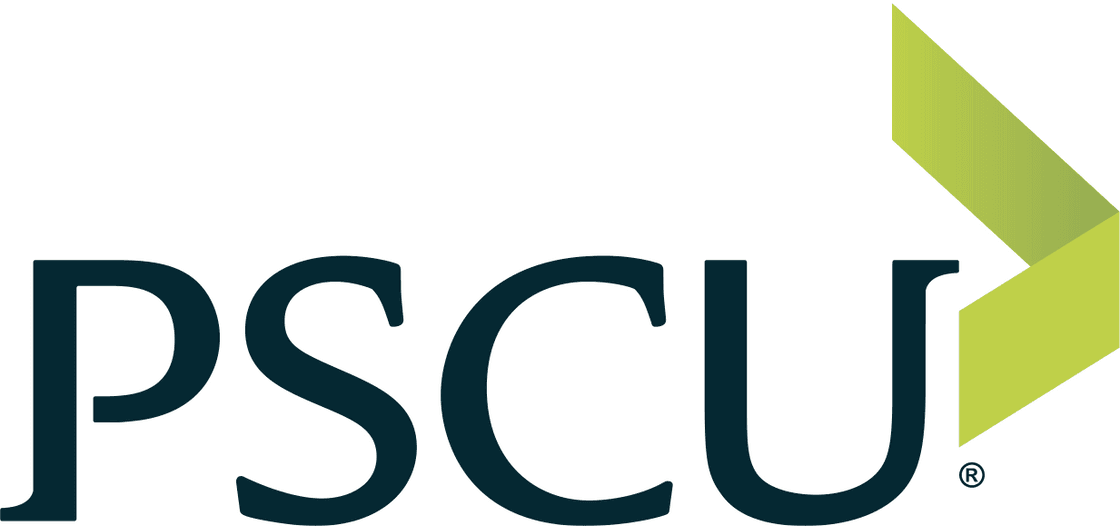Executive Summary
Credit unions pride themselves on being nonpartisan, broad-based, mission-driven organizations that meet the needs of the entire community regardless of any individual’s political affiliation. Yet the politically disengaged disproportionately dislike credit unions. This report provides greater insight into their skepticism and offers a path forward for credit unions to better engage with people who may stand to benefit most from credit union membership. The study also provides new insights for credit union marketing professionals to better understand a number of important demographic groups and subgroups.
What is the research about?
Based on extensive survey research, this report explores the underlying factors that unite political disengagement and skepticism toward credit unions. What collection of traits and characteristics travel along with both political disengagement and lack of enthusiasm for credit unions?
Marketers take note, understanding attitudes toward the credit union idea is critical in order to better understand the untapped market of potential members.
This analysis finds that demographic characteristics such as income, education, and employment matter to both credit union membership and voting behavior. A more nuanced yet critical finding is that attitude and perspectives are far less important with respect to credit union membership, but they matter a lot to understanding openness to the credit union idea. Marketers take note, understanding attitudes toward the credit union idea is critical in order to better understand the untapped market of potential members.
This report should be of particular concern to credit unions because the politically disengaged include a large percentage of the people whom credit unions most wish to serve: people who are otherwise economically, politically, or socially disenfranchised from society.
What are the credit union implications?
Understanding who the politically disengaged skeptics are and why they reject credit unions will allow credit unions to focus their outreach and educational efforts, improve marketing, and better tailor products and services to this population.
The kind of credit union that will succeed in breaking through to the politically disengaged is one that is locally focused, is pragmatic, and builds mission from the inside out. Here are several specific, actionable things that will help credit unions be more effective at bringing the politically disengaged into the credit union system:
- Assess whether pursuing nonvoters is worth the effort. Do not try to be all things to all people.
- Market like a bank and build mission after they are in the door. Lead with competitive products and service offerings and use your mission to create deeper engagement afterward.
- Give them a sense of control. Helping the politically disengaged gain a sense of increased control over their own financial lives could lead to positive impacts that extend beyond their finances and into society.
- Continue to think locally: positivity starts at home. Emphasize your local connections.
- Emphasize—but rethink—youth outreach. Do not approach the youth demographic as monolithic; be more attentive to the specific needs of subgroups.
- Make sure you have the right ambassadors. One of the most important things for bringing a skeptical person into the fold is ensuring they see themselves reflected in the organization.
Greater success with this segment of society will increase credit union membership, ensure that credit unions are fulfilling their core missions, and have a positive impact on the communities in which these individuals reside.
Filene’s Center for Consumer Financial Lives in Transition is generously funded by:
















